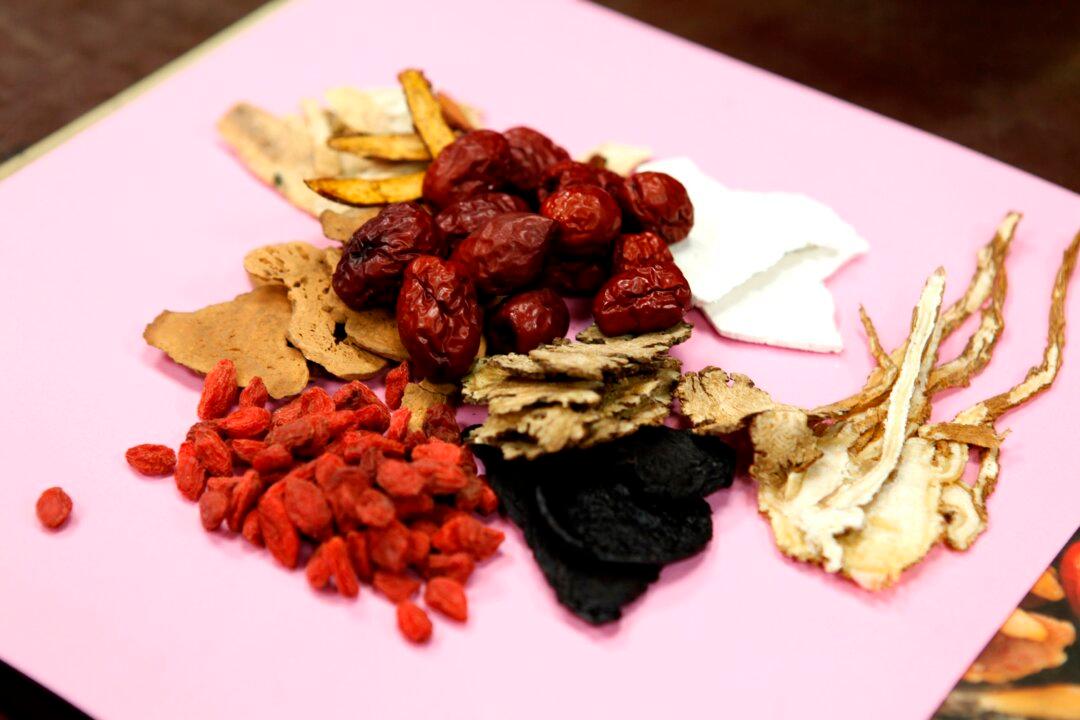Tonic herbs in traditional Chinese medicine (TCM) prescriptions can be used together with Western immunotherapy to significantly improve its anti-cancer effects compared to immunotherapy alone, a study by Korean doctors recently showed.
A research team, led by Dr. Jeong Mi-kyung of the Korean Institute of Traditional Medicine, found that the use of Chinese herbal formulations can dramatically improve the effectiveness of immunotherapy. The research results were published in the July 2022 issue of the international academic journal Frontiers in Pharmacology.






